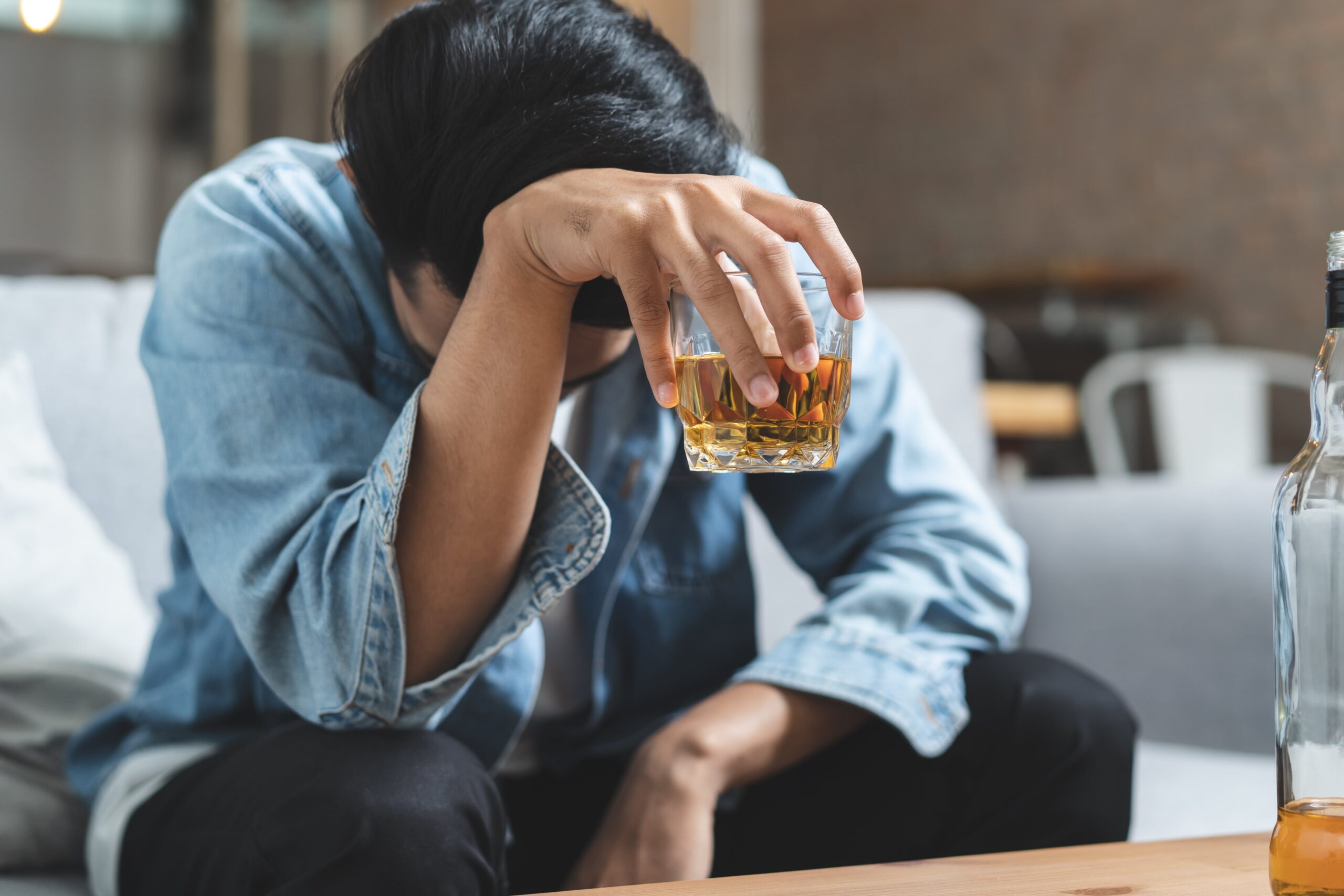Dialectical behavior therapy (DBT) is a form of psychotherapy that is based on cognitive behavioral therapy (CBT). Psychologist, Marsha Linehan developed DBT in the late 1980s to help treat borderline personality disorder (BPD). It has since been adapted and is applied as an effective therapeutic modality for treating several other mental health ailments, including individuals struggling with severe suicidal thoughts. DBT is a multidimensional and comprehensive therapeutic approach. It utilizes several strategies to help an individual learn coping mechanisms for regulating and managing extreme and/ or unstable emotions and/ or harmful behaviors. DBT can be useful to one’s treatment plan for individuals recovering from substance abuse and/ or addiction. There are several components that make up DBT, and as such it can be conducted a variety of settings.
Substance Abuse
Substance abuse occurs when an individual misuses drugs and/ or alcohol. Individuals that are prescribed medications and take more than the prescribed dose, take it in a method other than prescribed (i.e. crushing up pills and subsequently snorting the powder), mix the medication with additional substances (i.e. alcohol), take it for a longer duration than prescribed, and/ or take it more frequently than prescribed are all forms of substance abuse. Individuals that take illicit substances, and/ or medications that were not prescribed to them are engaging in a form of substance abuse. Consuming excessive amounts of alcohol is also a form of substance abuse.
Substance abuse is different from addiction, also referred to as substance use disorder (SUD) in the Diagnostic and Statistical Manual of Mental Disorders, 5th Edition (DSM-5). However, if left untreated, engaging in substance abusing behaviors can lead to addiction. Addiction can wreck havoc in all areas of one’s life. Addiction is a mental disorder that is characterized by compulsively and habitually abusing drugs and/ or alcohol, regardless of the ensuing negative consequences. An individual with SUD is physically unable to stop abusing drugs and/ or alcohol even when it causes harm to his or herself and/ or others. According to the National Institute on Drug Abuse, the most common abused substances in America include the following:
- Alcohol
- Marijuana
- Painkillers (i.e. codeine, OxyContin, Vicodin…etc.)
- Heroin
- Inhalants
- Benzodiazepines (i.e. Xanax, Diazepam, Klonopin, Valium…etc.)
- Stimulants (i.e. Adderall, Ritalin, Vyvanse… etc.)
- Barbiturates (sedatives)
There are a number of other substances that are commonly abused by individuals in the United States. Any type of foreign substance or substances that are regularly present in one’s system will affect the way one’s body and mind function.
Substance Abuse Treatment and DBT
Every individual is different and for optimal results will require a customized substance abuse and/ or addiction treatment plan that considers the individual’s nuanced needs. Many substance abuse and/ or addiction treatment plans integrate a variety of therapeutic modalities. The combination of therapeutic approaches utilized will depend on several contributing factors. Any individual that struggles with substance abuse and/ or addiction and also has suicidal ideation, can likely benefit from DBT. Individuals that have a co-occurring disorder (also known as a dual diagnosis), substance use disorder in addition to another mental health disorder, can benefit from DBT.
There are a variety of treatment options for individuals struggling with substance abuse and/ or addiction. Inpatient treatment programs can offer DBT services as well as outpatient treatment programs. DBT is carried out in three distinct methods, each providing unique benefits, which include the following:
- Individual therapy sessions: one-on-one therapy sessions allow an individual personalized support as it relates to emotional regulation, and shifting damaging thinking and behavior patterns, through teaching new skills and developing coping mechanisms to address navigating challenges in a healthy fashion.
- Group therapy skills sessions: group therapy sessions provide an individual with a safe and controlled environment to practice implementing DBT social skills. It also allows individuals to connect with peers experiencing similar life challenges. Group therapy sessions offer a platform for clients to share insights into their personal recovery experiences and learn from others.
- Coaching: phone coaching is offered for additional support during the times between individual and group therapy sessions. The client is able to reach out to his or her clinician for in-the-moment guidance, encouragement, and/ or assistance with applying various learned DBT skills.
Any person that has struggled with substance abuse and/ or addiction has modified areas of his or her life to accommodate his or her substance use behaviors. This can not only have grave affects to one’s physical and emotional health, but can also lead to financial difficulties, legal challenges in addition to damaged relationships. Learning tools to foster, repair, and/ or sustain healthy relationships are essential components of DBT.



